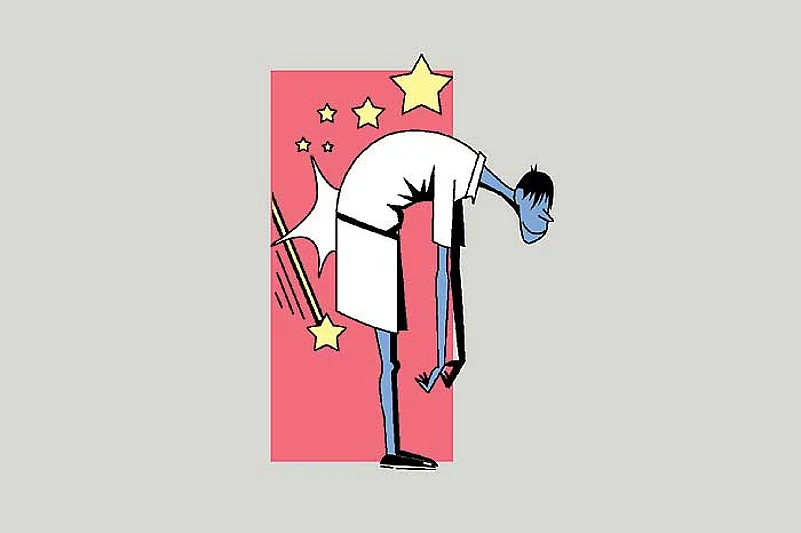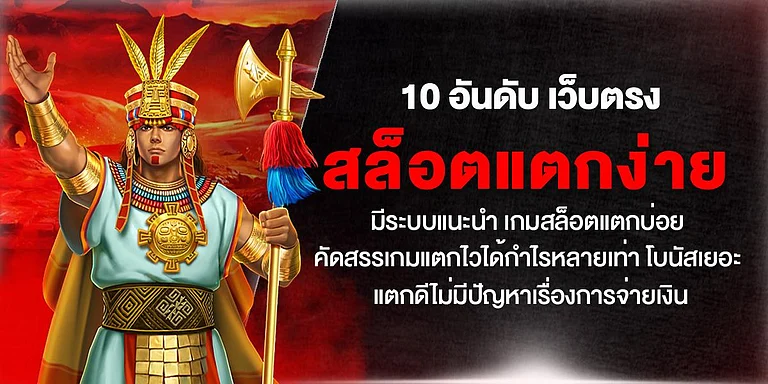It’s too uncanny to be a mere coincidence. I’m convinced there was some cosmic explanation for it, but it’s a fact that Jyoti (the late Communist veteran Jyoti Basu) and I shared a number of commonalities—of them, there’s one only the two of us know about. It was at a dinner hosted by a common friend in Calcutta in 1947 that I first met Jyoti and immediately bonded over our similarities. We both attended Loreto School for our primary education and were the only boys there, we went to the St Xavier’s School for our secondary education and then to Presidency College and later to England. He became a barrister and so did I. And of course, everyone knows that we both became chief ministers of West Bengal. Jyoti, of course, was six years older.
Over the years, we differed in our political ideology, but admired each other for one thing—we had been caned a number of times while in St Xavier’s. Yes, that’s the secret we kept from the world. In our schooldays, anyone who was caned became a hero. Unless you were too wishy-washy or namby-pamby. Especially admired was the boy who did not cry after being caned. Both Jyoti and I thought caning turned a boy into a man. And while I should not divulge the details of Jyoti’s canings (though I daresay I don’t know much since I thought it was too impolite to ask), since he is no more, I will share with you a couple of my own experiences.
I must have been caned at least seven or eight times and in most cases, it was because I was late in school. The rule was that if we entered the premises after the bell rang, we would have to first go to the principal’s office and explain the reason for our tardiness. If he was satisfied with the excuse, he would issue a clearance note with which we could enter class. If he wasn’t, before issuing us the note, he would ask us to bend over and we would be caned on our posteriors. Therefore, on the days I was late, I usually wore three or four pairs of shorts as protection.
Not that caning ever caused that much pain. It stung for a few minutes. In fact, I don’t recall a single incident where any major physical harm was reported after caning. Nor did we ever feel psychologically abused. There was no humiliation in it. Everyone had been caned at one point or another. It was part of growing up.
I remember once when I was in the third standard, I had accidentally knocked down my ink bottle. The teacher, thinking it was the boy next to me, made him kneel before the blackboard. I decided to tell the teacher it was I who did it. I owned up not because I thought it unfair but because I realised if I was caught later, my punishment would have been even more severe. I raised my hand and before I knew it, I was kneeling in front of the classroom.
I distinctly recall an incident that took place in 1929, the day after Jatin Das, the freedom fighter, died while on a hunger strike in the Lahore jail. For me, he was a soldier and a great nationalist and I was deeply saddened. I told my parents I would skip school that day to take part in his funeral procession. Of course, they readily agreed. The next day, prepared to be caned, I padded my shorts as usual. But when I told the principal the reason for my absence, he asked, “Jatin Das, the martyr? You attended his funeral procession?” “Yes,” I replied. He looked at me with what I thought was compassion and said, “Go on to class.” The same principal caned me a number of times but I will always respect him.
(As told to Dola Mitra)


























